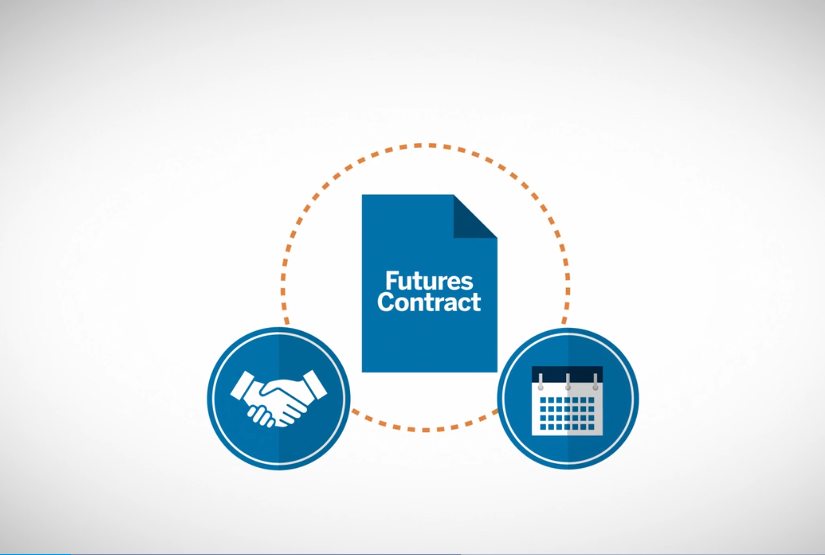What is a Futures Contract?
Forward and futures contracts are financial instruments that allow market participants to offset or assume the risk of a price change of an asset over time.
A futures contract is distinct from a forward contract in two important ways: first, a futures contract is a legally binding agreement to buy or sell a standardized asset on a specific date or during a specific month. Second, this transaction is facilitated through a futures exchange.
The fact that futures contracts are standardized and exchange-traded makes these instruments indispensable to commodity producers, consumers, traders, and investors.
A Standardized Contract
An exchange-traded futures contract specifies the quality, quantity, physical delivery time and location for the given product. This product can be an agricultural commodity, such as 5,000 bushels of corn to be delivered in the month of March, or it can be a financial asset, such as the U.S. dollar value of 62,500 pounds in the month of December.
The specifications of the contract are identical for all participants. This characteristic of futures contracts allows the buyer or sellers to easily transfer contract ownership to another party by way of a trade. Given the standardization of the contract specifications, the only contract variable is price. Price is discovered by bidding and offering, also known as quotes, until a match, or trade, occurs.
Futures contracts are products created by regulated exchanges. Therefore, the exchange is responsible for standardizing the specifications of each contract.
Exchange-Traded
The exchange also guarantees that the contract will be honored, eliminating counterparty risk. Every exchange-traded futures contract is centrally cleared. This means that when a futures contract is bought or sold, the exchange becomes the buyer to every seller and the seller to every buyer. This greatly reduces the credit risk associated with the default of a single buyer or seller.
The exchange thereby eliminates counterparty risk and, unlike a forward contract market, provides anonymity to futures market participants.
By bringing confident buyers and sellers together on the same trading platform, the exchange enables participants to enter and exit the market with ease, makings futures markets highly liquid and optimal for price discovery.
Definition taken from: CME Group


